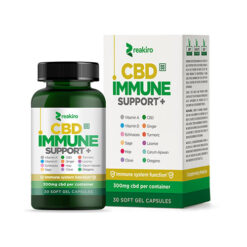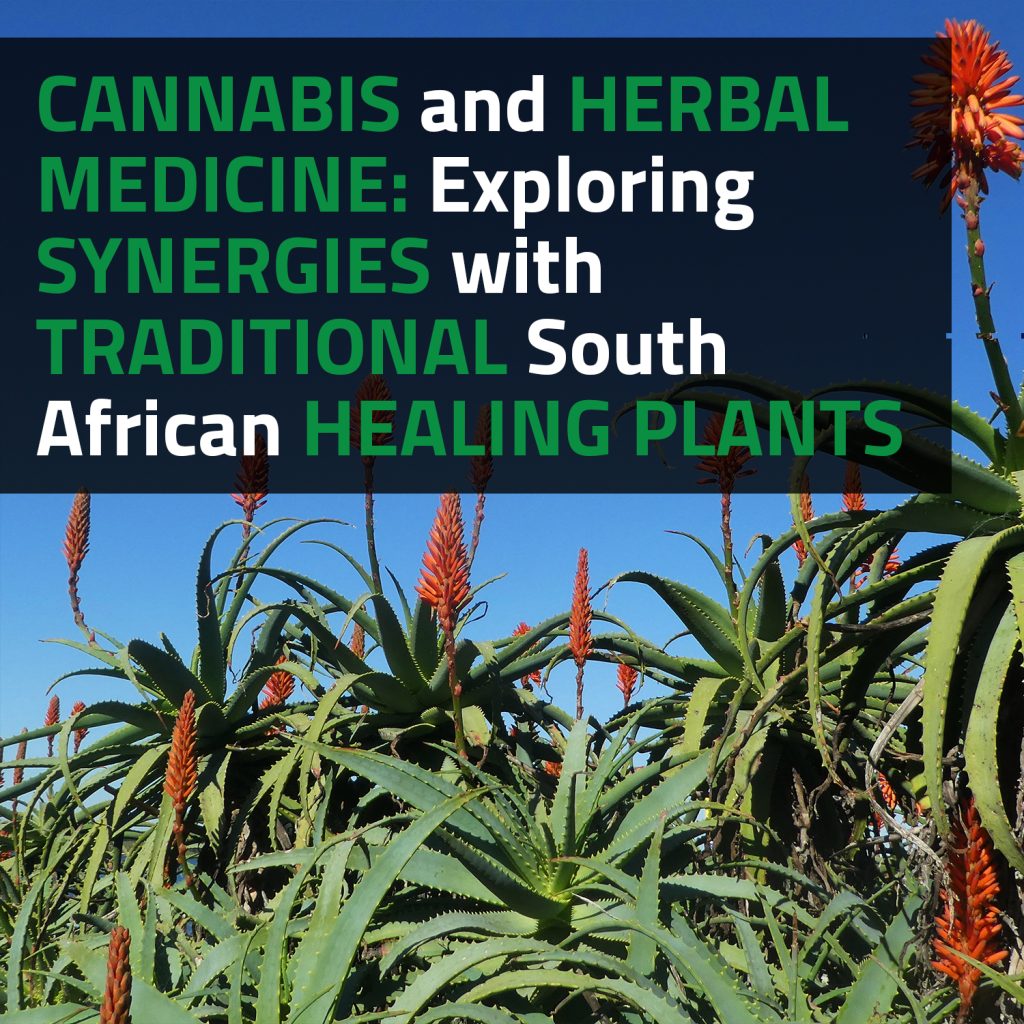In the rich tapestry of traditional healing practices in South Africa, the integration of cannabis into herbal medicine offers a fascinating exploration into the synergies between ancient traditions and modern therapeutic advancements. Rooted in a profound cultural heritage, South African healing plants have been a cornerstone of indigenous healthcare for centuries. Against this backdrop, the historical context of cannabis use in the region provides a compelling narrative, as traditional healers increasingly incorporate this versatile herb into their practices.
Traditional South African Healing Plants: A Rich Cultural Heritage
Traditional South African healing plants represent a rich cultural heritage deeply intertwined with the diverse ethnic groups and indigenous communities that have inhabited the region for centuries. The use of medicinal plants is an integral aspect of African traditional medicine, where knowledge of healing properties has been passed down through generations. South Africa’s varied ecosystems, ranging from savannas to deserts, have fostered a remarkable biodiversity of flora, providing an extensive pharmacopoeia for traditional healers. The knowledge and practices associated with these healing plants are often sacred, handed down through oral traditions, rituals, and apprenticeships.
Each plant is believed to possess specific properties that address a range of ailments, both physical and spiritual, reflecting a holistic approach to health. Moreover, the use of these plants is deeply embedded in cultural ceremonies, rites of passage, and community rituals, reinforcing their significance as not just remedies but also as symbols of cultural identity and community well-being.
Among the myriad traditional plants utilised in South African healing, several stand out for their historical significance and therapeutic properties. African Wormwood (Artemisia afra), known as “umhlonyane” in isiXhosa, is one such plant widely employed for its antiseptic and immune-boosting properties. Traditionally used to treat respiratory ailments and digestive issues, African Wormwood also plays a role in ritual purification ceremonies.
Devil’s Claw (Harpagophytum procumbens), or “kankerbos” in Afrikaans, is recognised for its anti-inflammatory effects. Indigenous communities have used Devil’s Claw to alleviate arthritis and joint pain, showcasing the traditional knowledge of botanical solutions for musculoskeletal issues.
Rooibos (Aspalathus linearis), a renowned South African tea, is celebrated not only for its pleasant flavour but also for its antioxidant-rich composition. Rooibos has been traditionally consumed to address various health concerns, including digestive problems and skin conditions, making it a staple in traditional healing practices.
Sutherlandia (Sutherlandia frutescens), locally known as “kankerbos” or “cancer bush,” has been historically utilised for its purported immune-boosting properties. Traditional healers often recommend Sutherlandia for managing conditions such as influenza and even certain types of cancers, although its efficacy is still a subject of ongoing research.
The Historical Context Of Cannabis Use In South Africa
The historical context of cannabis use in South Africa is deeply rooted in the rich tapestry of the region’s diverse cultures and indigenous communities. Cannabis, locally known as “dagga,” has a long history of cultivation and use that predates colonial influences. Its presence in the region can be traced back to indigenous groups, including the Khoi-San people, who are believed to have used cannabis for various purposes, including medicinal, ritualistic, and recreational.
Before European colonisation, cannabis was often integrated into cultural practices and traditional healing rituals. It played a role in spiritual ceremonies, rites of passage, and communal gatherings, symbolising a connection between humans and the divine. Cannabis was also valued for its medicinal properties, with traditional healers incorporating it into their remedies to address a range of ailments.
However, with the advent of European colonialism, attitudes towards cannabis in South Africa underwent significant changes. In the early 20th century, influenced by global anti-cannabis sentiments and prohibitionist movements, South Africa introduced restrictive legislation. The suppression of cannabis cultivation and use became more pronounced during the apartheid era, leading to stigmatisation and criminalisation.
Despite these challenges, cannabis persisted in the cultural landscape, often continuing to be used clandestinely. In recent years, there has been a shifting global perspective on cannabis, with increased recognition of its therapeutic potential. In South Africa, this has led to ongoing debates and legal reforms surrounding cannabis use, with some acknowledging its historical significance and potential contributions to traditional healing practices.
Exploring The Therapeutic Potential Of Cannabis In Traditional Healing
Exploring the therapeutic potential of cannabis in traditional healing represents a dynamic intersection between age-old indigenous practices and contemporary medicinal insights. Cannabis, with its array of compounds, most notably cannabinoids like THC and CBD, offers a diverse range of pharmacological effects that align with the principles of traditional healing in many cultures, including those in South Africa.
- Pain Management: Traditional healers have historically addressed pain through botanical remedies, and cannabis, with its analgesic properties, is increasingly recognised for its potential in pain management. Whether used topically or ingested, cannabis has shown promise in alleviating chronic pain conditions, providing an alternative or complementary approach to traditional methods.
- Anti-Inflammatory Properties: Inflammation is a common target in traditional healing, and cannabis’s anti-inflammatory properties, attributed to cannabinoids like CBD, align with this focus. Traditional plant-based medicine often aims to restore balance in the body, and cannabis may contribute to this by modulating inflammatory responses.
- Spiritual and Mental Well-being: Many traditional healing practices emphasise the interconnectedness of physical, mental, and spiritual well-being. Cannabis has been historically used in diverse cultural and spiritual contexts to induce altered states of consciousness, enhance introspection, and facilitate spiritual experiences. In this way, cannabis aligns with traditional approaches that seek holistic healing.
- Managing Mental Health Conditions: Traditional healers have long recognised the impact of mental health on overall well-being. Cannabis, particularly CBD, has gained attention for its potential in managing conditions such as anxiety and depression. Integrating cannabis into traditional healing practices may offer new avenues for addressing mental health challenges within a culturally relevant framework.
-
Reakiro – Broad Spectrum CBD Oil Mouth Spray – Peppermint
R499.00 – R799.00 -
Reakiro – Broad Spectrum CBD Oil Mouth Spray – Apple Crumble & Custard
R499.00 – R799.00 -
Reakiro – CBD Immune Support Capsules
R549.00 -
Reakiro – Broad Spectrum CBD Oil Mouth Spray – Blood Orange
R499.00 – R799.00
Synergies Between Cannabis And Indigenous South African Medicinal Plants
The synergies between cannabis and indigenous South African medicinal plants offer a captivating exploration of how traditional healing practices can be enriched by combining the therapeutic properties of diverse botanical resources. Traditional healers in South Africa, with their deep knowledge of local flora, often leverage a variety of indigenous plants in their remedies. When integrated with cannabis, these synergies can potentially enhance the overall efficacy of traditional healing practices.
- Complementary Medicinal Properties: Many indigenous South African plants are known for specific medicinal properties, such as anti-inflammatory, antimicrobial, or analgesic effects. By combining these plants with cannabis, which also possesses a diverse array of pharmacological properties, traditional healers can create formulations that address a broader spectrum of health conditions.
- Holistic Healing Approaches: Traditional healing in South Africa often emphasises a holistic approach that considers not only the physical symptoms but also the mental, emotional, and spiritual aspects of well-being. Cannabis, with its potential to impact mood, perception, and consciousness, can complement the holistic philosophy of traditional medicine, offering a more comprehensive approach to healing.
- Cultural Significance and Symbolism: Both cannabis and indigenous medicinal plants in South Africa hold cultural significance and symbolism within local communities. The combination of these plants in healing practices can enhance the cultural resonance of remedies, fostering a deeper connection between individuals, their cultural heritage, and the healing process.
- Customisation of Remedies: Traditional healers are known for their ability to tailor remedies to individual needs. The inclusion of cannabis allows for further customisation, as its various strains and chemical profiles offer a spectrum of therapeutic effects. This adaptability enables traditional healers to fine-tune treatments based on the specific requirements and responses of their patients.
The Role Of Research And Education In Bridging Traditional And Modern Medicine
The role of research and education in bridging traditional and modern medicine is pivotal in fostering a collaborative and integrative healthcare approach. As societies recognise the value of traditional healing practices, especially in regions like South Africa with a rich history of indigenous medicine, there is a growing need to bridge the gap between these traditional practices and modern scientific understanding. This involves acknowledging the wisdom embedded in traditional medicine, validating its efficacy through research, and integrating this knowledge into mainstream healthcare.
Research To Validate Traditional Practices
Rigorous scientific research is essential to validate the safety and efficacy of traditional healing practices. Studies that investigate the therapeutic properties of indigenous plants, including cannabis, can provide empirical evidence supporting the traditional knowledge passed down through generations. This research helps establish a foundation for the acceptance and integration of traditional remedies into modern healthcare.
Cultural Sensitivity In Research
Research initiatives must be conducted with cultural sensitivity and respect for the communities involved. Collaboration between researchers and traditional healers is key to ensuring that studies are designed in a way that aligns with cultural practices, values, and ethical considerations. This collaborative approach not only enhances the quality of research but also promotes mutual understanding and trust.
Education For Healthcare Professionals
Integrating traditional medicine into modern healthcare requires education and training for healthcare professionals. This includes providing medical practitioners with an understanding of traditional healing practices, the cultural context surrounding them, and the potential benefits of incorporating these practices into patient care. Education can occur through formal training programs, workshops, and ongoing professional development.
Community Engagement And Empowerment
Research and education initiatives should involve active engagement with local communities. Empowering communities with knowledge about the safety and efficacy of traditional practices, including the use of medicinal plants like cannabis, can lead to more informed healthcare choices. Community involvement also helps preserve cultural traditions and ensures that any integration is respectful and beneficial.
Policy Development And Regulation
Bridging traditional and modern medicine necessitates thoughtful policy development and regulation. Governments and healthcare authorities play a crucial role in creating frameworks that acknowledge the legitimacy of traditional healing practices, establish safety standards, and provide guidelines for integration into mainstream healthcare. Well-informed policies contribute to a healthcare system that embraces diversity and inclusivity.
In the confluence of cannabis and South Africa’s indigenous healing practices, a tapestry of cultural richness and therapeutic potential unfolds. As we navigate this intersection, acknowledging the historical roots, exploring synergies, and integrating traditional wisdom with modern research, we find a pathway to a holistic and inclusive future of healthcare. Bridging the realms of tradition and innovation, this journey invites collaboration, respect, and a shared commitment to healing that embraces the diverse botanical heritage of South Africa. In this union, the past and present converge, offering a promising landscape where the medicinal synergy of cannabis and indigenous plants contributes to a more comprehensive, culturally grounded, and harmonious approach to well-being.










